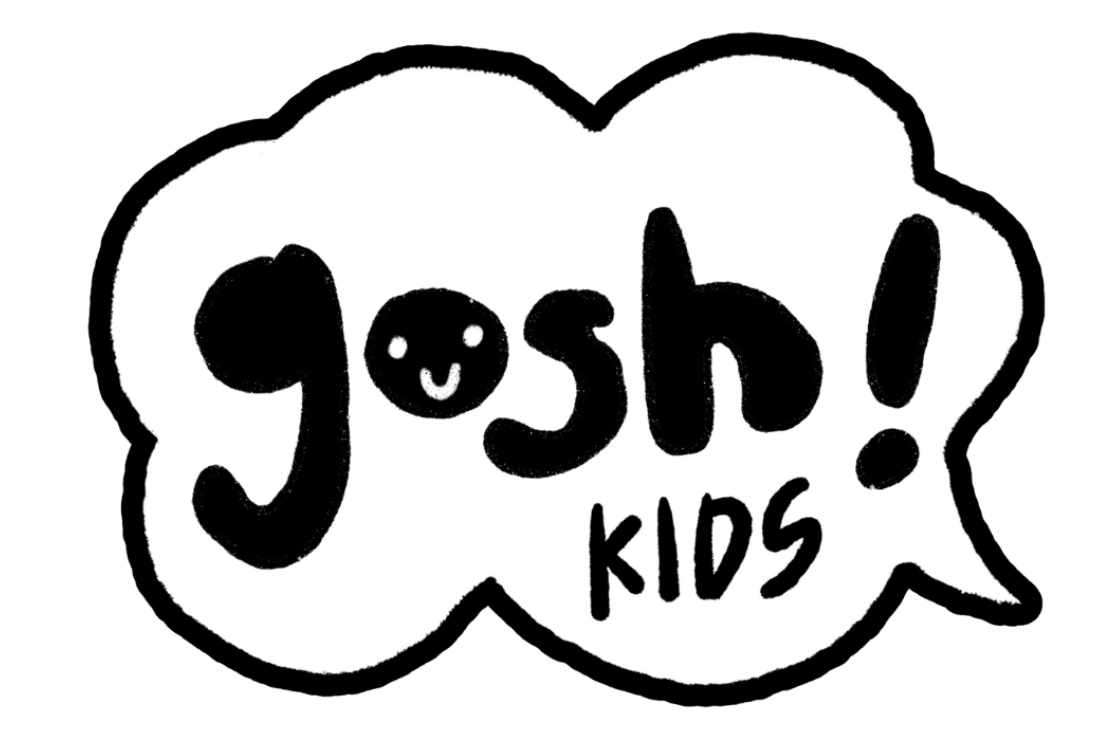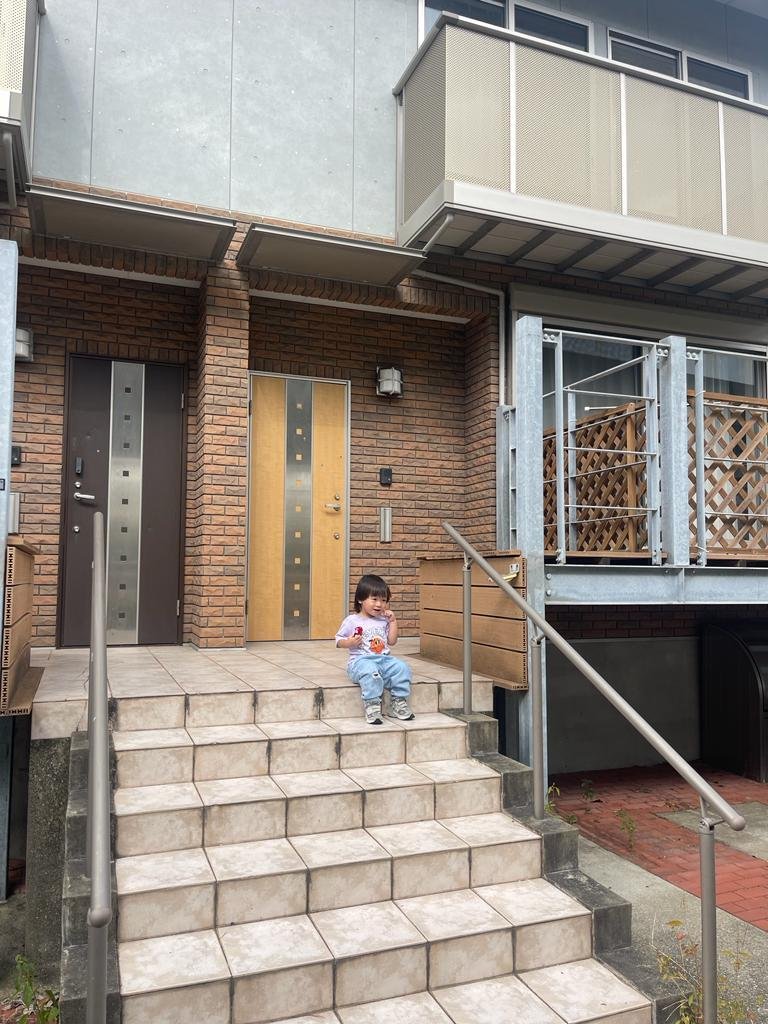Get Out There, See The World
In December 2021, I did something crazy.
Mathieu and I shelved Gosh! Kids, carried our suitcases and our six-month old and boarded the plane heading for Fukuoka City, Japan.
We spent our first year as parents—as a new family—in a two-story beach house off Hakata Bay. We returned to Singapore on the 1st of January 2023 after having lived there for 365 days as missionaries under an international church organisation.
Whenever someone ask me how it was like living in Japan, I suspect they already have a preconceived idea of how it could have been. It’s Japan, how bad could it be? Yet my response was the truth as I saw it: “It’s different when you live there as a tourist versus if you’re there for work.” Those who have lived abroad know exactly what I mean.
For the last ten days, my family and I were back in this same city, this time as tourists. We visited our old home, caught up with old friends, dined in our favourite restaurants, walked along the beautiful parks and sandy beaches, all while having a wash of memories overwhelm us as we reminisced the happy and not-so-happy times.
Maxime sitting outside our old home in Fukuoka City
In his memoir Endurance: A Year In Space, A Lifetime of Discovery, Scott Kelly shared what it was like to spend 365 consecutive days in space (record length). “Most people see the International Space Station as an object,” Kelly writes, “but when you live inside the station for months, it doesn’t feel like an object. It feels like a place, a very specific place with it’s own personality and it’s own unique characteristics.”
Going back to Fukuoka City wasn't just us going to a place. It wasn't even a vacation. It was us returning to our second home, one that reeked of remarkable personality and decked in distinctive characteristic.
A place is only a space if we attach no meaning to it—an environment that exists purely for itself, and it's only purpose to fulfil your desires. But the city we once lived in didn't feel foreign. We felt belonged, as if society and culture accepted us (still) as one of theirs. It was a place where fear and uncertainty mix to produce something more fearful and uncertain. I considered myself a misfit that had no understanding of the language, and eager was I to find a place to rest my identity.
Yet, it was also a place of immense fulfillment and gratification, a one-of-a-kind experience that I would have otherwise not felt if I remained in my homeland.
Walking down the stretch just beside our home in Fukuoka City
If this had a profound impact on me, imagine what my son would have been feeling. More importantly, how would such an experience affect your children?
I wrote about this, and now I’m revisiting it because I was reminded of its importance: Children must get out there and see the world.
Every Child Has A Warrior In Them
Immersing children into a new environment, a new world, does something massive in them.
Truth is, the world ahead does not demand the same old way of doing things, so we must learn from anywhere and everywhere, like mixing chemicals in a test tube to get the solution. "Getting out there" is the mandatory curriculum of global education we must provide for our kids.
Children must experience unfamiliarity—everything outside of home—to truly know what they do not know. That's how they become citizens of the world.
Three reasons why this could be important, in summary:
By experiencing different cultures, talents and cuisines, your child can understand what “excellence” truly means and aim higher in their own lives.
Exposure to the diversity of the world can help your child better understand their own strengths and value, while also developing empathy towards others.
Exploring the world can help your child become more self-aware and humble, as they gain a greater appreciation for their own privileges and shortcomings.
The last point—self-awareness and humility—how important is that?
If there’s one thing I’ve learned from living abroad, is that there is a warrior buried deep within everyone of us, even our kids. A warrior's instinct is to fight to survive. Immersing ourselves into unfamiliar territory is one powerful way to bring out that identity.
How, you’d say?
You’re forced to adapt to an environment that is completely different from what you’ve grown accustomed to. You're now an "outsider", which heightens your senses. You want to survive, so you find ways to fit into the new circle of classmates, friends, colleagues, neighbours by learning to speak their language and understand the culture. You constantly push the boundaries of your comfort zone as you learn to ride the wave of uncertainty. Humility is instilled.
Aren't these good for kids?
And maybe, for them, they could discover the thing they would otherwise have missed if they're at home.
Let's admit that there are too many things screaming for their attention back home. School, exams, ambitions, comforts, desires, people’s opinions about you. Pulling yourself out of a familiar environment gives you the opportunity to begin with a fresh mind and dive deep into your life without the same distraction back home. When I was in Japan, I found answers to my career and financial objectives, my family values, my priorities and non-negotiables, and my passion. All because I could clear the noise in my head.
So here's the thing.
I'm not one that is out of reality. Not everyone will get the opportunity to live abroad and experience a new life elsewhere. But I believe most of us can do so in small successions—an overseas-immersion programme, an intentional family vacation, a summer school exposure. Bring your kids out there for a little while. Let them experience a world totally opposite to what they know.
Singapore, the city-state I call home, is beyond great. Parallel to almost none. It’s clean, safe, stable, packed with a good education system and a robust economy.
But having all things good and familiar won’t necessarily make our kids grow.
Extend your measuring stick, they once said, to what you consider excellence by finding wisdom in the most foreign of places.
Be well,
Miss G (@gladyssoh)
Maxime with his Japanese friend




